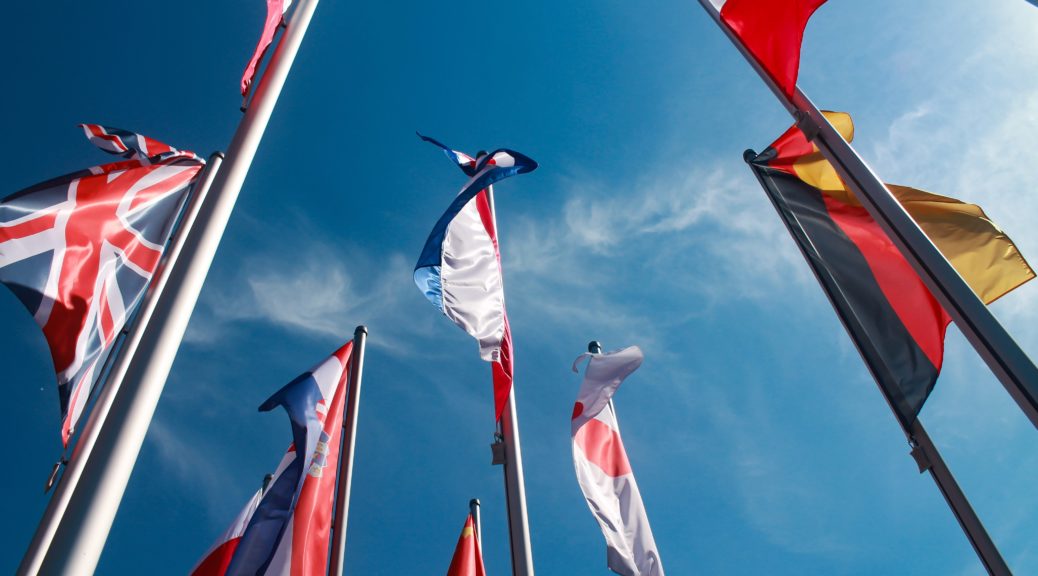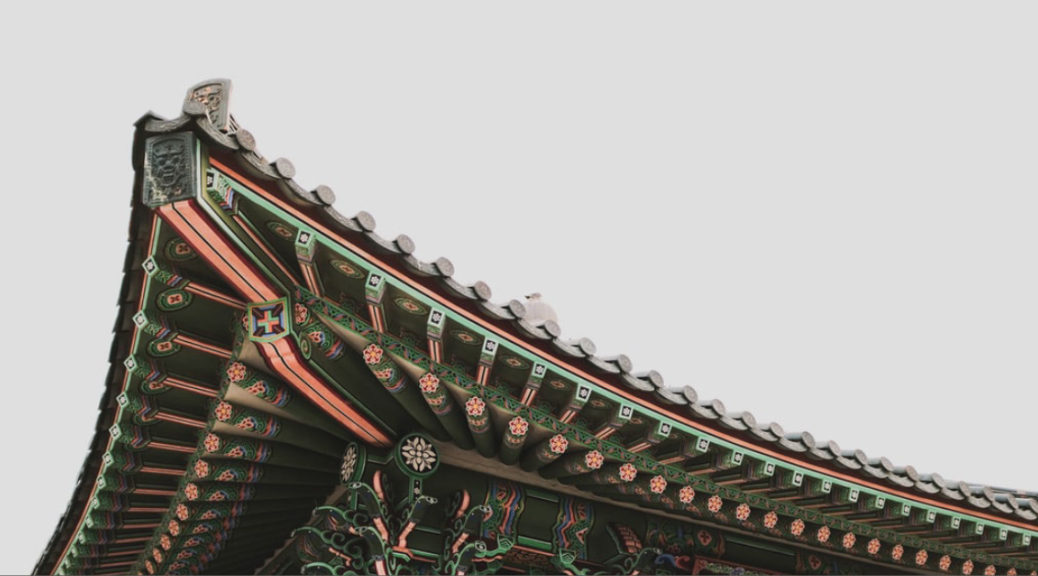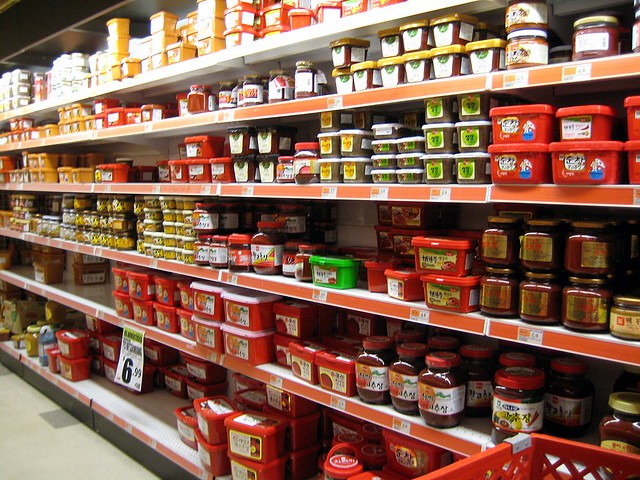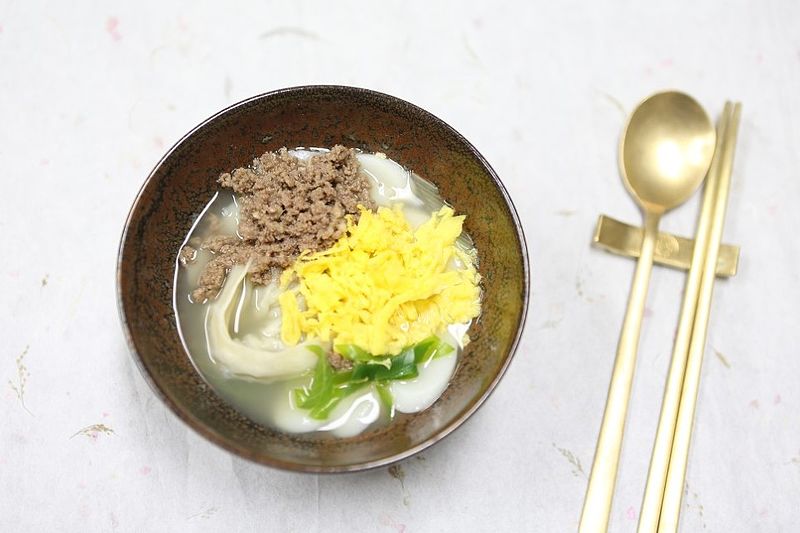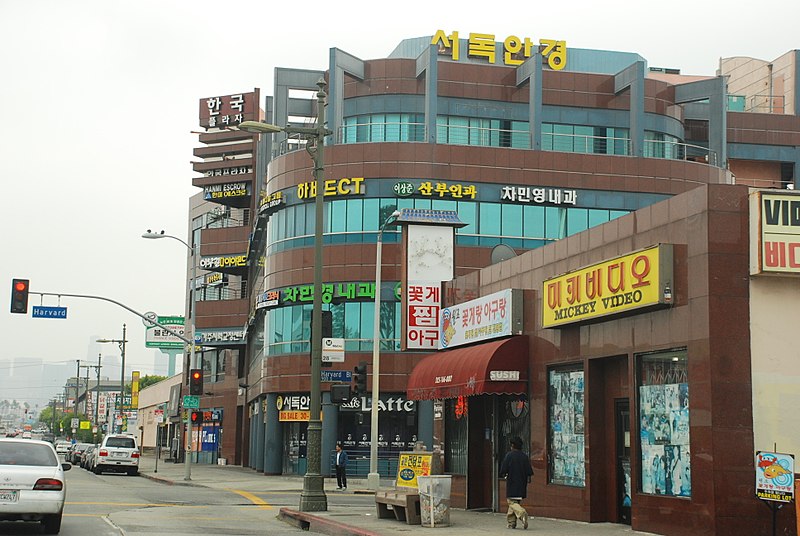[3 minute read]
This past January, two professors at Duke University expressed concern over Chinese students speaking loudly in their mother tongue on campus. This led the Director of Graduate Studies to send an email to all international students reminding them of the “unintended consequences” that come with speaking their mother tongue in their academic building and other professional settings. The email went viral immediately and sparked outrage from students across the nation. The Director of Graduate Studies issued an apology and stepped down from her role shortly after.
This particular incident reflects the stigma that many international students face today. Of course, speaking in a native language is one way for international students to find comfort in a foreign place. Unfortunately, emails like the one described above and current policies are the reasons why international students feel uncomfortable speaking their own language or even eating native foods; they are fearful of further perpetuating existing stereotypes that are often associated with different races.
Continue reading Culture Immersion and Reflection for International Students
